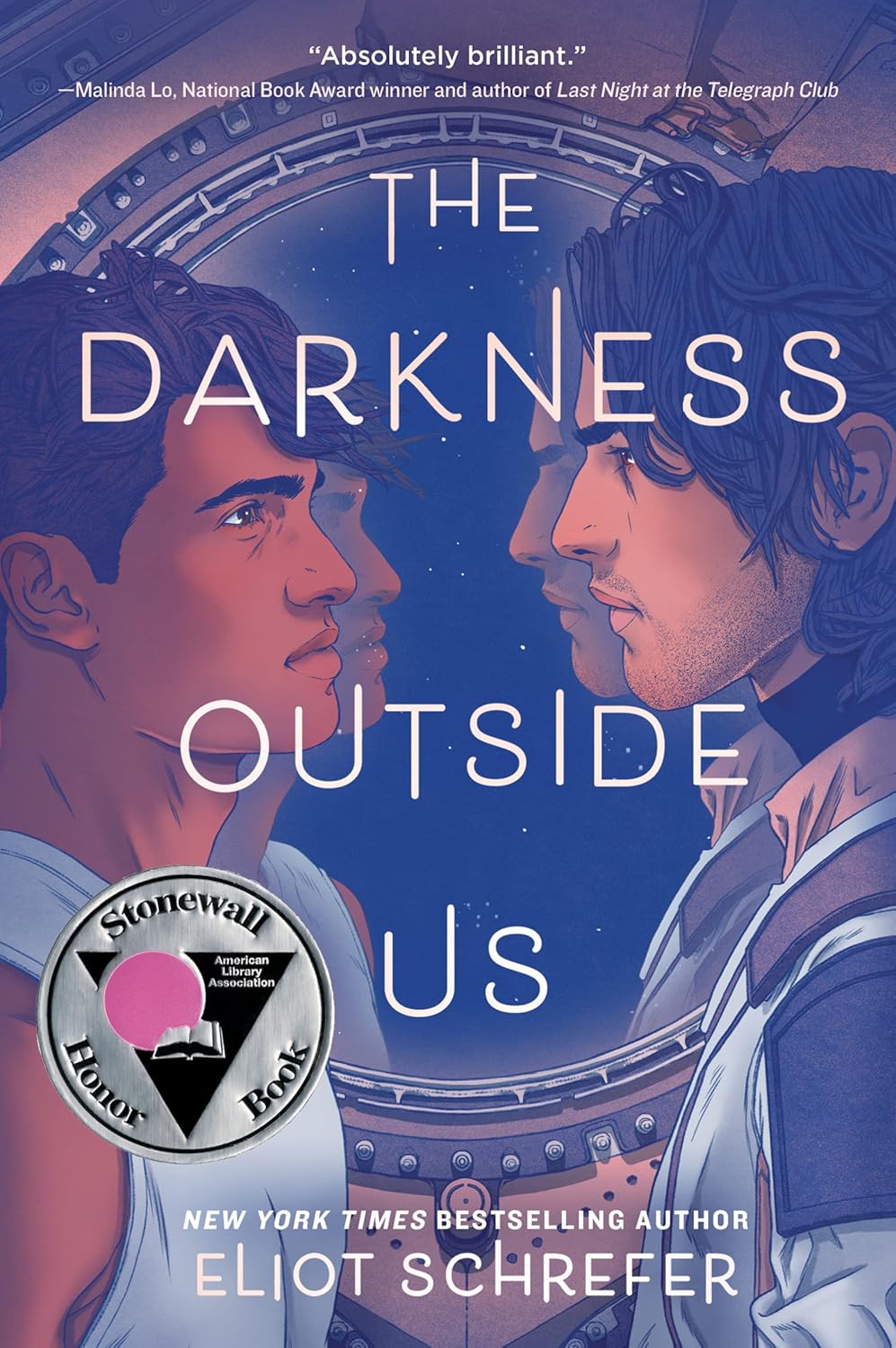What I read
Finished Saving Suzy Sweetchild, which has our protag not only dealing with the usual movie hassle but being called in to deal with the papers of a suddenly deceased in possibly suspicious circumstances academic, as well as (with the usual cohorts) trying to work out what exactly the game is with the apparent kidnapping for ransom of child star, who is beginning to age out of cuteness. We observe that the classic sleuths may sometimes have had two mysteries on their hands but very seldom had to multitask like this.
Some while ago I read an essay by Ursula Le Guin on the novels of Kent Haruf: I fairly recently picked up Our Souls at Night (2015), which is more or less novella length, as a Kobo deal, and it was well-written, and unusual if very low-key, and I daresay I might venture on more Haruf but am in no great rush to do so.
Then on to Upton Sinclair, The Return of Lanny Budd (1953) - perhaps not quite as good as the earlier entries in the series - some of it felt a bit info-dumpy - Lanny and his friends who are promoting peace face the problem of Soviet Stalinist Communism in the Cold War era. I can't help contemplating them and thinking that they are probably going to be sitting targets for HUAC in a few years' time, because they are coming at the issue from a democratic socialist perspective and I suspect their Peace Program is going to be considered deeply sus by McCarthyism. Also, Lanny jnr is going to be of draft age come the 1960s....
On the go
To lighten the mood, Alexis Hall, Audrey Lane Stirs the Pot (Winner Bakes All #3) arrived yesterday.
Up next
The new (double-issue) Literary Review
Also (what was in the straying parcel last week) Dickon Edwards (whom some of you may remember from LJ days?) Diary at the Centre of the Earth: Vol. 1.





